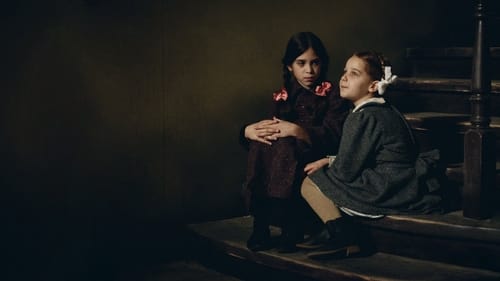
Director of Photography
The protagonist Andrii Dovzhenko finds out a horrible truth, that has been hidden in USSR for years - most of those accused of «anti-Soviet propaganda» were never sent to prison, but to special psychiatric hospitals with a diagnosis of "slow progressive schizophrenia". Andrii finds himself in a real hell of punitive psychiatry and faces a difficult choice - to cooperate with the KGB and return to his family, or to reveal the truth about dissidents tortured in such psychiatric hospitals. The script was based on the memoirs of Soviet dissidents who faced the brutality of a totalitarian system that used so-called "punitive psychiatry" as a weapon against free thought.

Cinematography
Una adaptación de una popular y apreciada melodía folclórica ucraniana. La existencia pacífica y vecinal de tres familias, polaca, ucraniana y judía, que compartían una gran casa, veladas musicales y alegría en la ciudad de Stanislaviv se ve truncada en los años anteriores y posteriores a la guerra. Primero con la ocupación soviética y la persecución de la familia polaca, y después con la ocupación nazi de Ucrania y la diezma de la familia judía.

Cinematography
Two warriors of the guerrilla movements, the one from the Ukrainian Insurgent Army (UPA) and the other from the Polish Home Army (AK), narrate on the atrocities of German and Soviet occupation in 1939-1946, argue about the mutual harms of the past, and reveal what made them unite after all they've been through.


